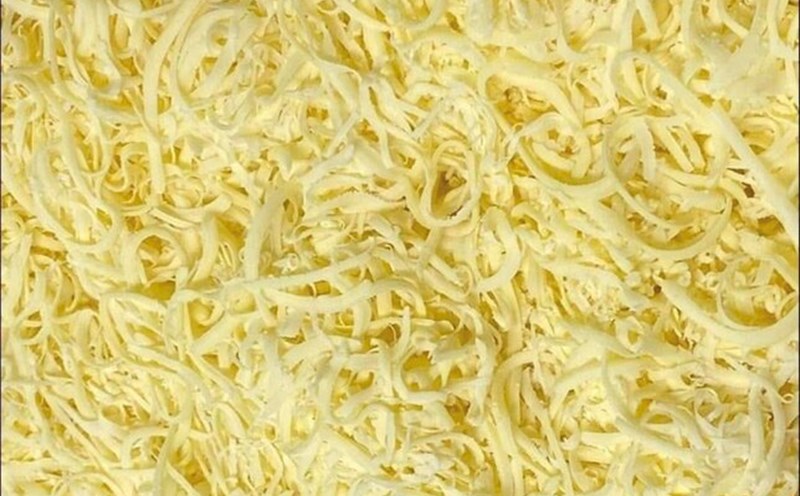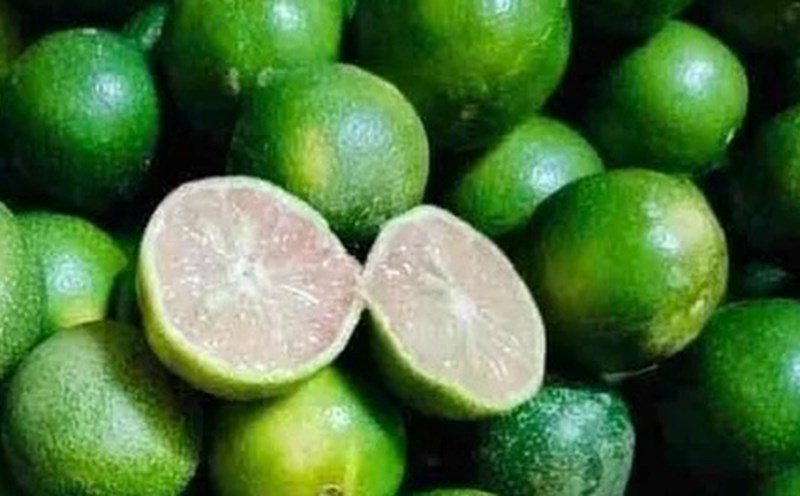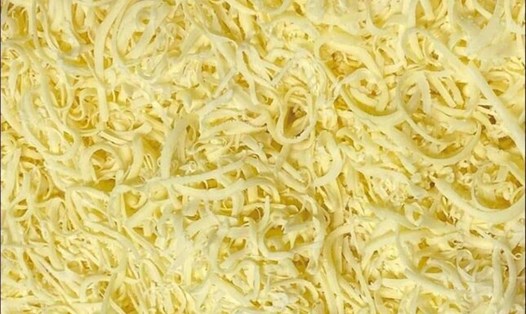kidney stones are a phenomenon of minerals, mainly calcium, accumulating in the kidneys and forming solid crystals. According to many studies, lemon water contains high content of citric acid - a natural substance that can prevent the formation of calcium oxalate stones, the most common type of stone in the kidneys.
However, lemon water does not directly "ship" kidney stones out, but only plays a supporting role in preventing and slowing down the formation of stones.
Accordingly, citric acid helps reduce the saturatation of calcium in the urine and combines with calcium to form soluble complexes, thereby preventing the crystallization of stone.
Supplementing about 120 ml of lemon juice per day can help increase citric acid levels in urine, thereby reducing the risk of calcium oxalate stones. However, you should not drink pure lemon juice because the high acidity can harm the stomach and tooth enamel.
Instead, mix 3060 ml of lemon juice with 12 liters of warm water to drink scattered throughout the day. You can add a little honey to make it easier to drink, but limit sugar if you have diabetes.
The time of drinking is also important. It is best to drink lemon juice about 30 minutes after a meal, avoid drinking it on an empty stomach to avoid stomach irritation. In addition, maintaining a minimum of 22.5 liters of water intake per day is a prerequisite to increase the excretion of minerals through urine, reducing the risk of deposits and formation of stones.
Lemon juice is not a specific treatment for kidney stones, but if used properly, it can actively support the prevention and elimination of small stones.











